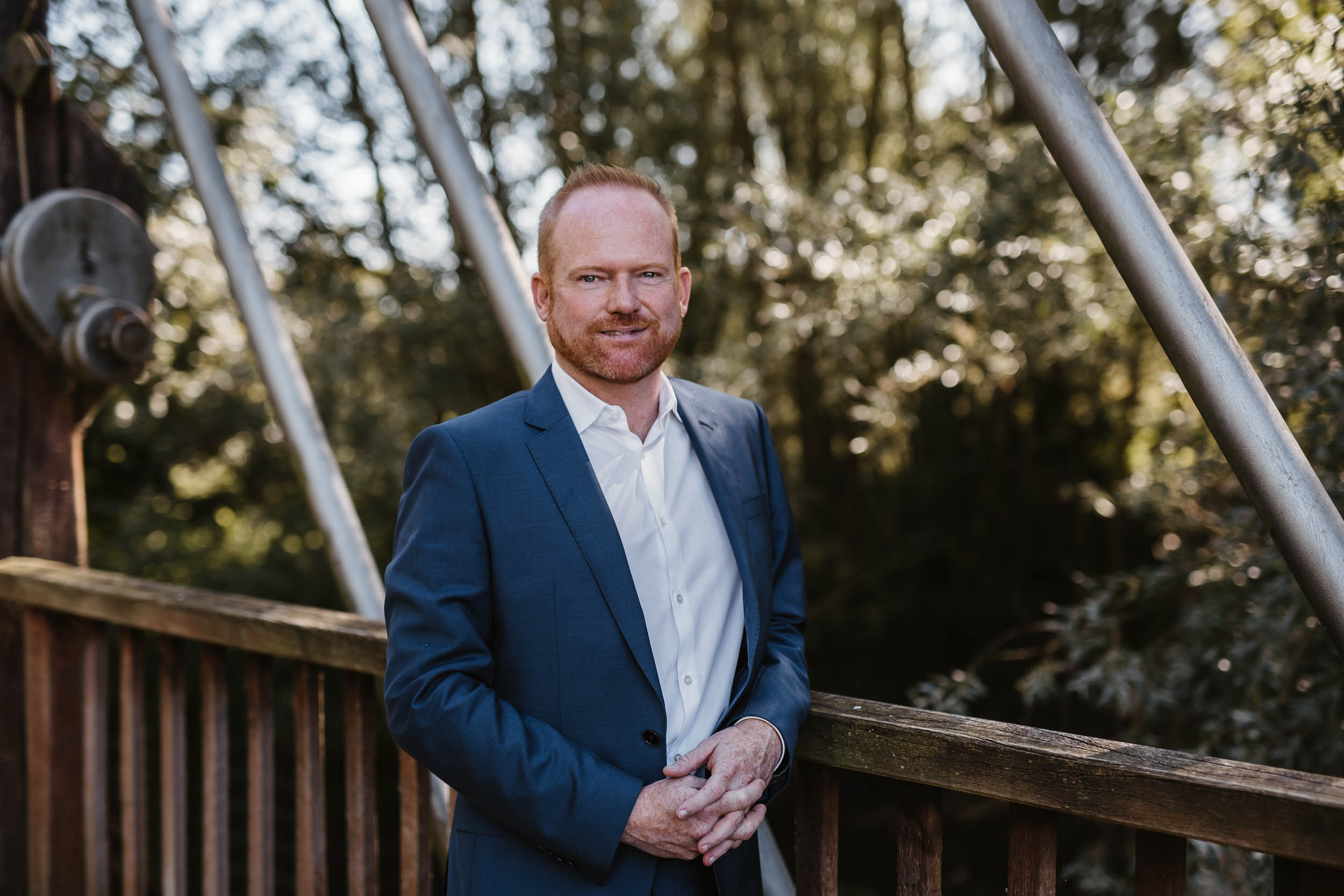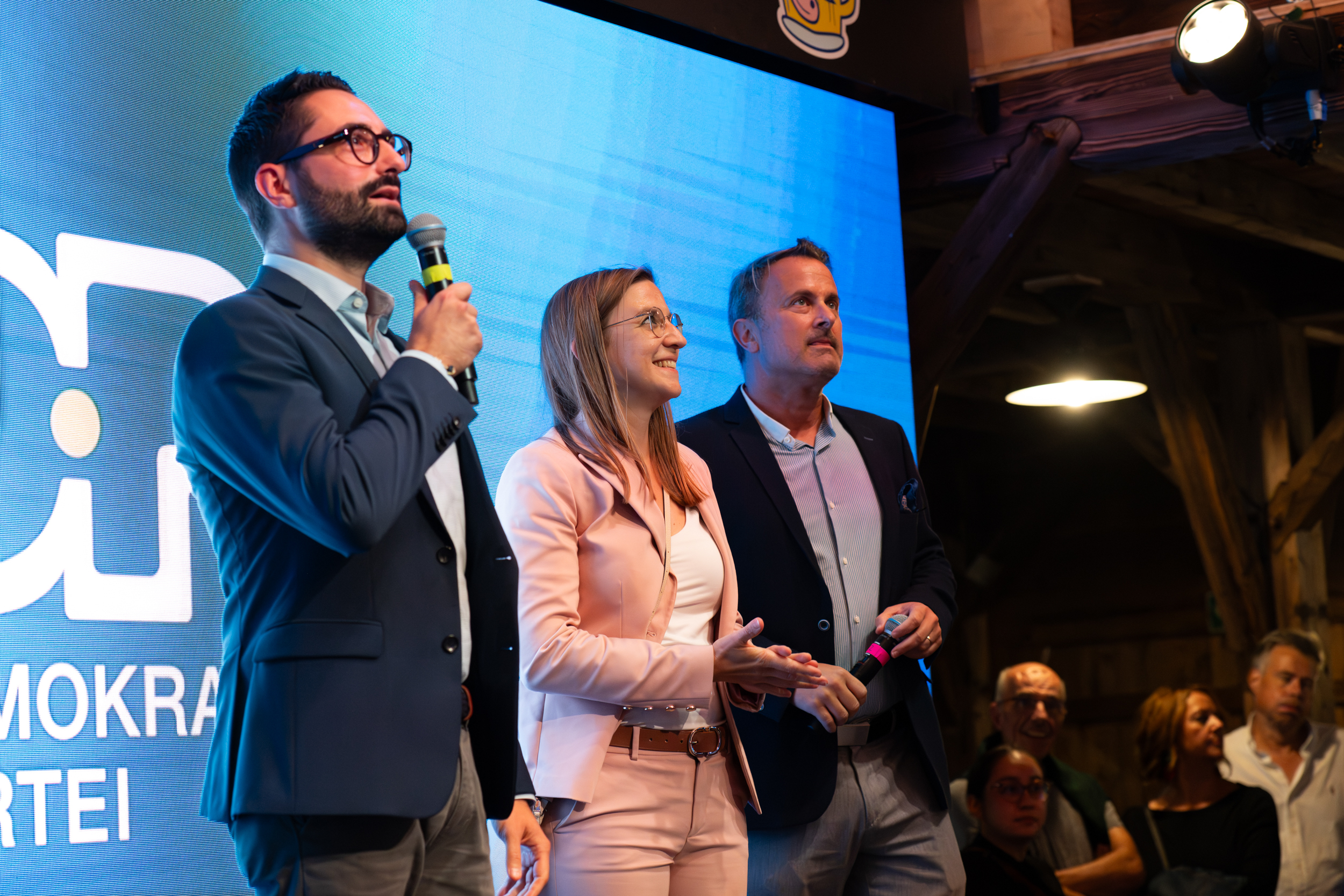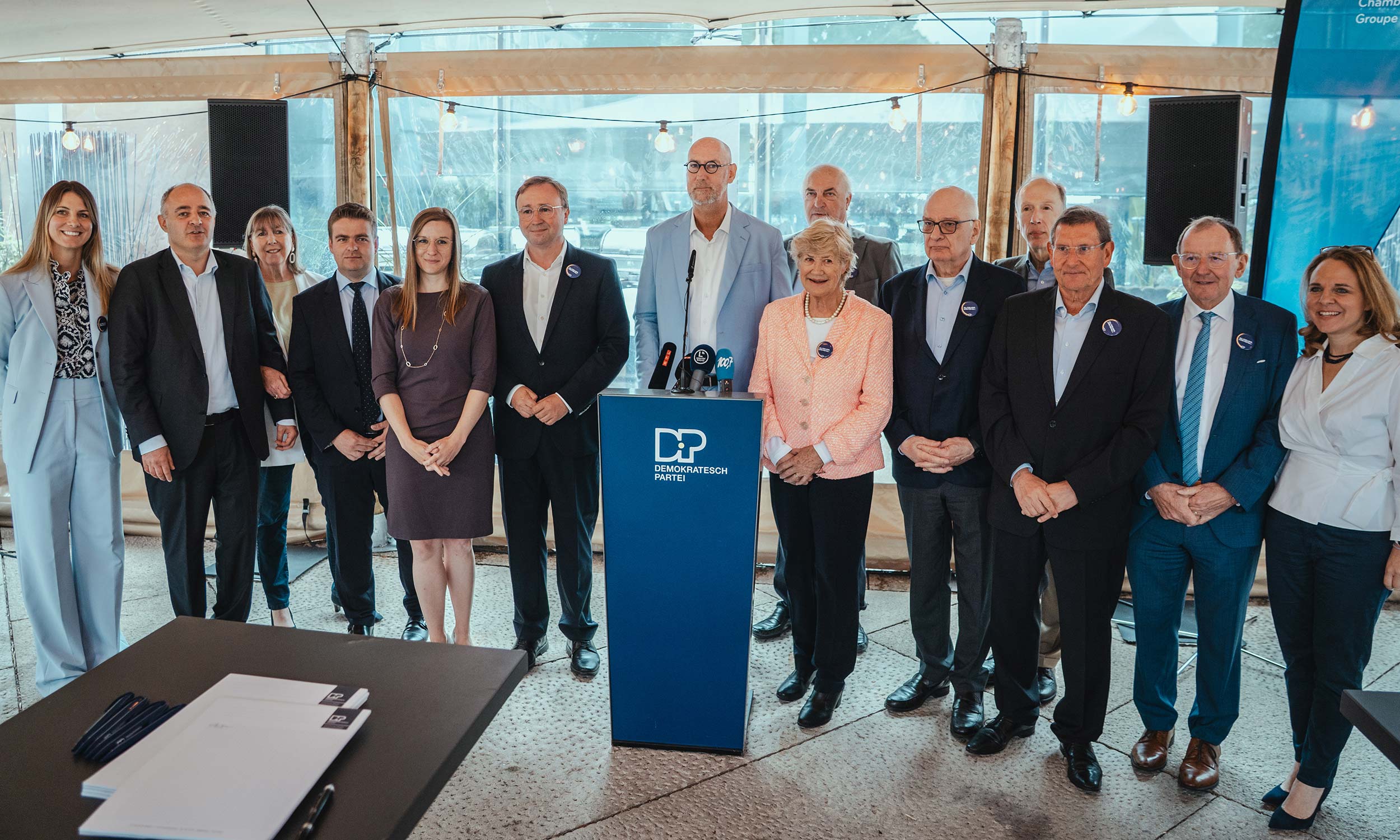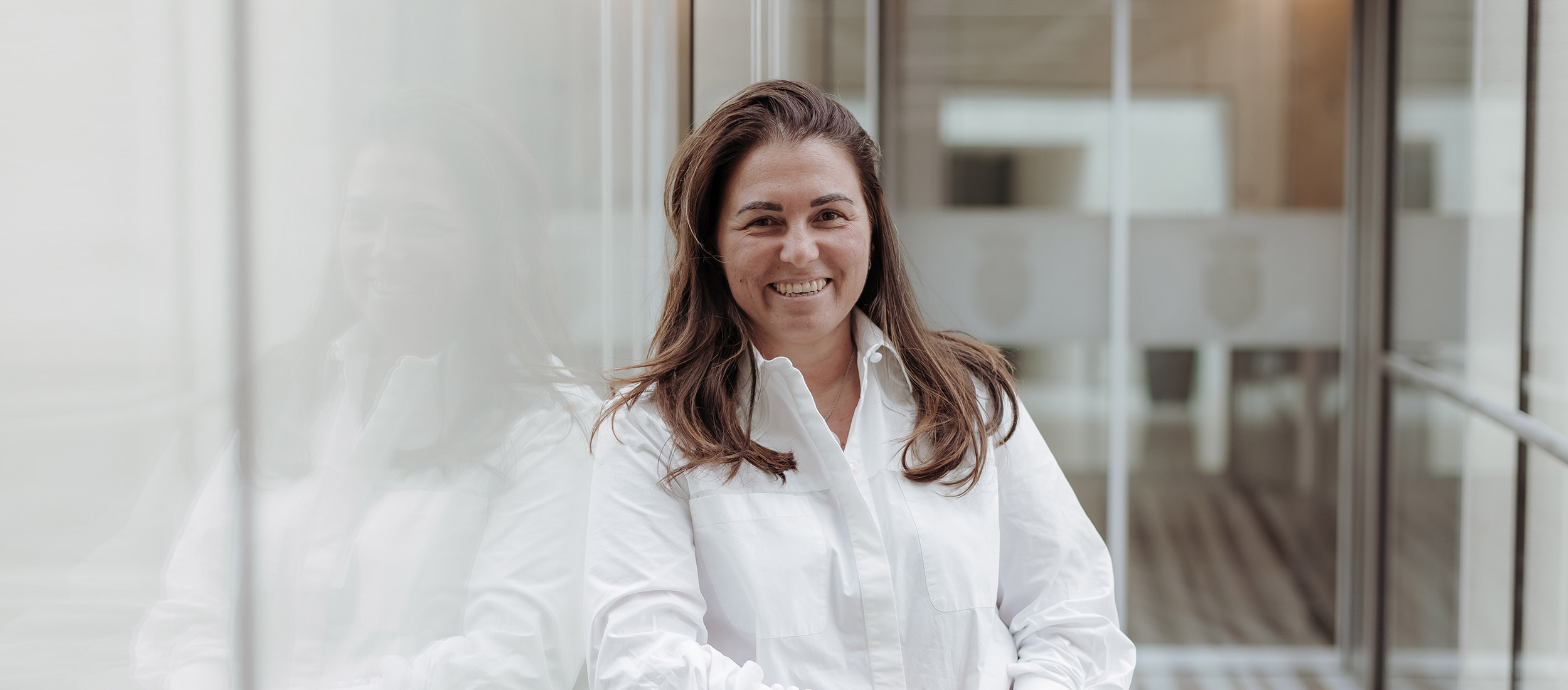The date of September 15 is an integral part of Luxembourg’s DNA. Each of us knows what this day means.
On September 15th, it is not just that the long holidays are over.
No, for our children, the so-called “seriousness of life” begins on this day, either for the first time – or once again.
Back to school it is.
First in primary and then in secondary school.
School prepares for life. It is decisive in many ways, and determines how our children develop later. As human beings, but also in their professional life. Which is why school is one of the most important pillars of our society.
Minister Claude Meisch has chosen the slogan “A good education for all” for this year’s start of the school year. This shows once again the emphasis the government places on education.
This is why education policy has long been committed to supporting parents so that help reaches children directly. Just remember the free textbooks for children and young people. Something that never existed before, and which now, having been introduced, means big savings for many families.
In the current crisis, marked by rising prices and inflation, the Ministry of National Education has stepped up its efforts to provide financial relief to parents and offer children additional quality offers.
A good school should cost nothing and should be accessible to everyone.
This right for our children is set in stone.
But this also applies to non-formal education, which is also about developing social skills, good motor skills or cultural skills, which are extremely important for the development of our youngest.
Thus, the Maisons Relais will be free during school weeks starting this school year. Plus, lunches are free. These measures are valid for children from low-income families, even during the holidays.
Another innovation is free homework tutoring in all education and daycare structures. It’s not meant to be yet another lesson for the children. But they should be able to do their homework – same as at home – under supervision.
It is also important to introduce an application – the electronic booklet – with which the educator can be in contact with the parents and the teaching staff, and the three parties can exchange information on any possible problem. This relieves parents, makes it easier for teachers to monitor students and contributes to better communication in the interests of the child.
I’m particularly glad about the freed of charge music courses which have now been introduced.
Thus, children can develop their talent and their taste for music, dance or theatre.
The above-mentioned measures show that the Ministry of Education is doing everything to ensure that all children in the country receive an equitable formal and non-formal education that goes beyond school hours, and that it is particularly important for it not to be dependent on social conditions – that the way a child develops is not dependent on socio-economic status.
Every child has enormous potential… a potential just waiting to be developed.
It is therefore normal that we ensure that everyone, every child has the same opportunities to prepare for their future life.
For the good of the children and for the good of our society.






